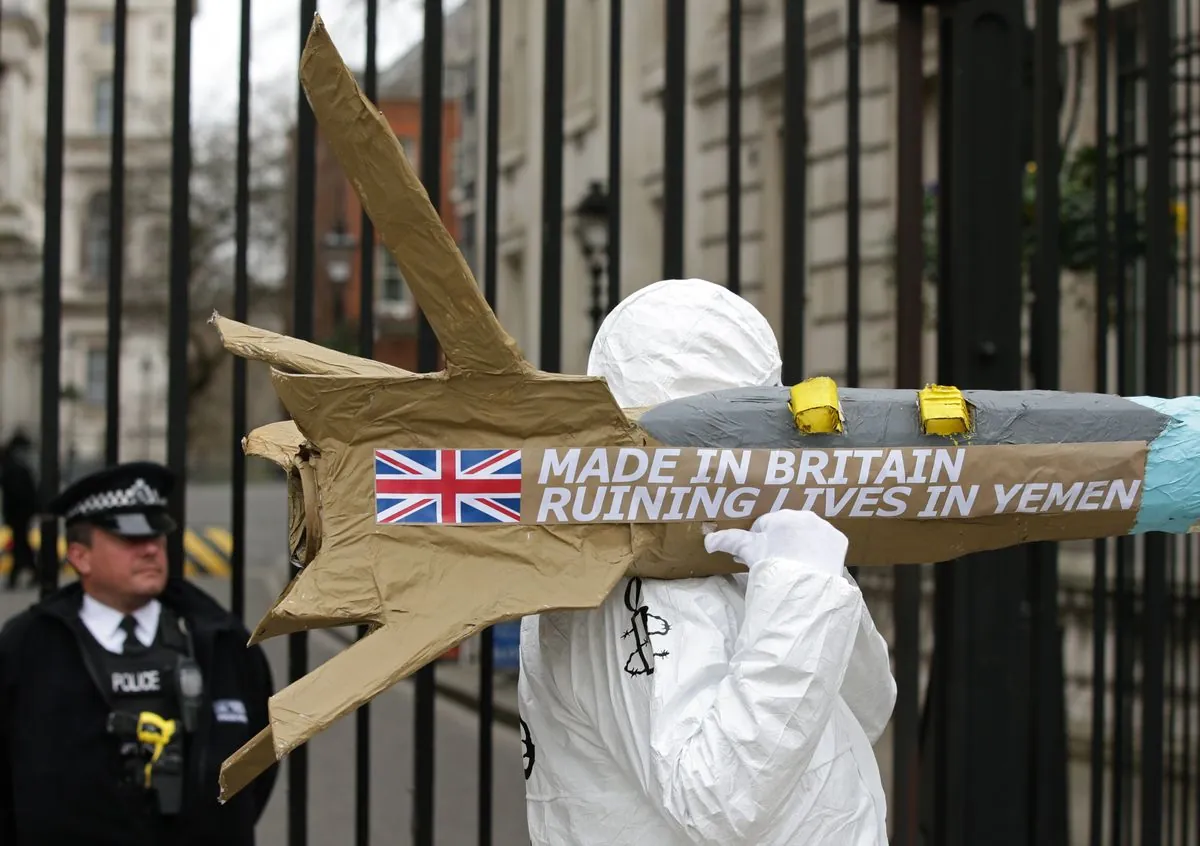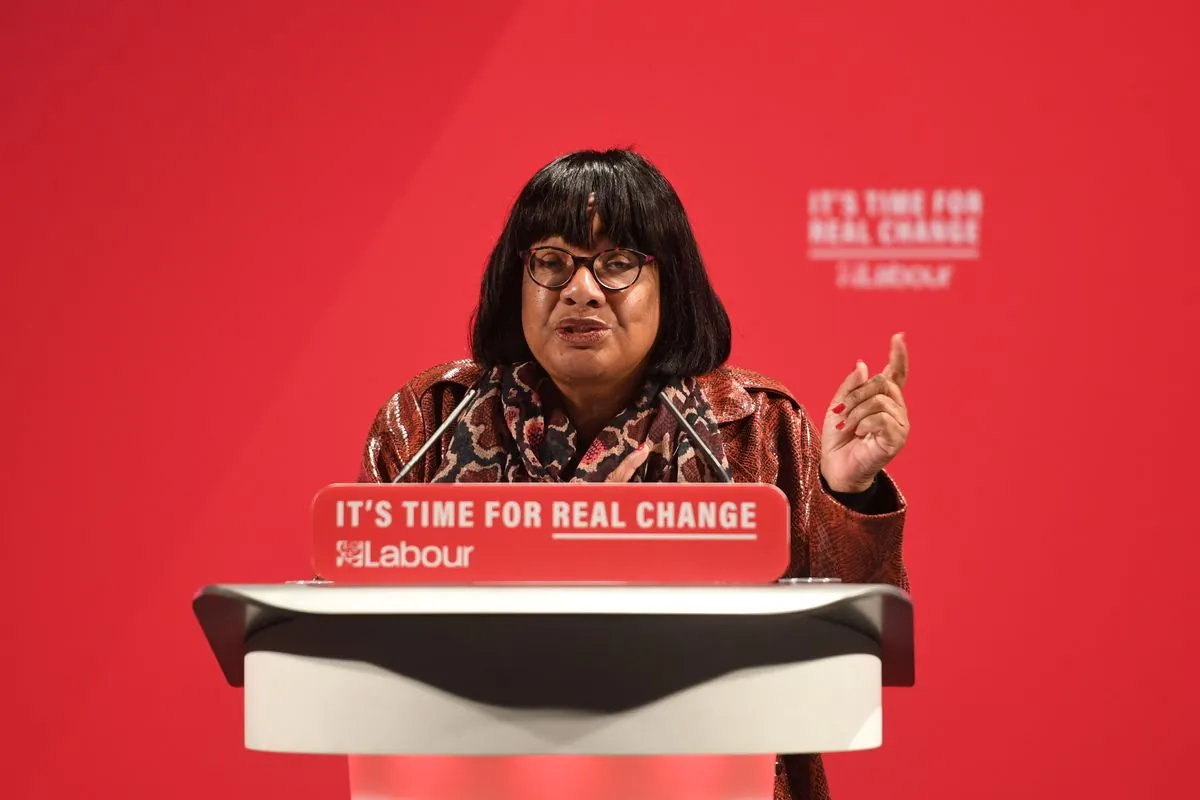UK Halts Arms Exports to Israel Amid Controversy Over Middle East Sales
Britain suspends arms licenses to Israel, sparking debate on its weapons sales policies. The decision contrasts with larger arms deals to other Middle Eastern countries, raising questions about diplomatic priorities.

In a recent development, the United Kingdom has suspended 30 arms export licenses to Israel, a decision that has ignited controversy and raised questions about Britain's arms sales policies in the Middle East. This move, announced by David Lammy, comes against the backdrop of significantly larger arms deals with other countries in the region over the past three years.
The UK's arms sales to Middle Eastern nations have been substantial, with Qatar receiving £3.1 billion worth of weapons, Saudi Arabia £1.9 billion, and Turkey £799 million. In contrast, Israel's purchases amounted to just £83 million, representing only 1% of its total weapons acquisitions.
This disparity in arms sales has led to scrutiny of the UK's decision-making process. Critics argue that the focus on Israel, the region's sole democracy, is misplaced given the larger sales to countries with questionable human rights records. For instance, Saudi Arabia has been engaged in a prolonged conflict in Yemen since 2015, while Turkey has faced criticism for its treatment of Kurdish populations.

The Israeli-British security partnership, formalized in a 2020 bilateral military cooperation agreement, has been mutually beneficial. British forces have utilized Israeli technology, such as the Watchkeeper surveillance UAVs based on Israel's Hermes 450 drone, which have proven crucial in operations like those in Afghanistan. Additionally, Israeli intelligence has aided British security efforts, including the discovery of a bomb factory in London in 2015.
"Mossad's former deputy director, Ram Ben-Barak, told me that an Israeli air strike on Syria's secret nuclear reactor in 2007 was the result of intelligence from British spies."
The timing of the announcement has been criticized, coinciding with a day of national mourning in Israel following the execution of six hostages by Hamas. This has led to questions about the sensitivity of diplomatic decisions and their potential impact on international relations.
Defenders of Israel's military actions argue that the Israel Defense Forces (IDF) have taken significant measures to protect civilian lives in Gaza. They contend that the combatant-to-civilian casualty ratio in the current conflict compares favorably to other recent military engagements, such as the battle for Mosul against the Islamic State.
The decision to suspend arms licenses to Israel has sparked a broader debate about the consistency of British foreign policy and arms sales. It raises questions about the criteria used to evaluate arms exports and the potential consequences of these decisions on diplomatic relationships and regional stability.
As the situation unfolds, it remains to be seen how this policy shift will affect the long-standing Israeli-British security partnership and whether it will lead to a reevaluation of Britain's arms sales strategies in the Middle East. The coming months will likely see continued discussion and potential reassessment of these complex diplomatic and security issues.


































